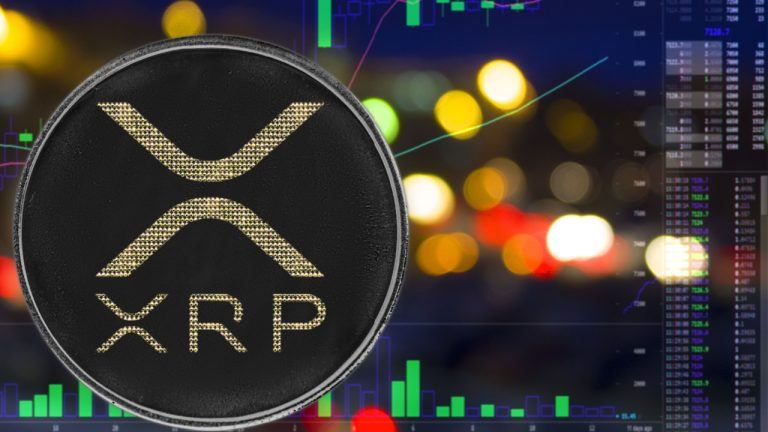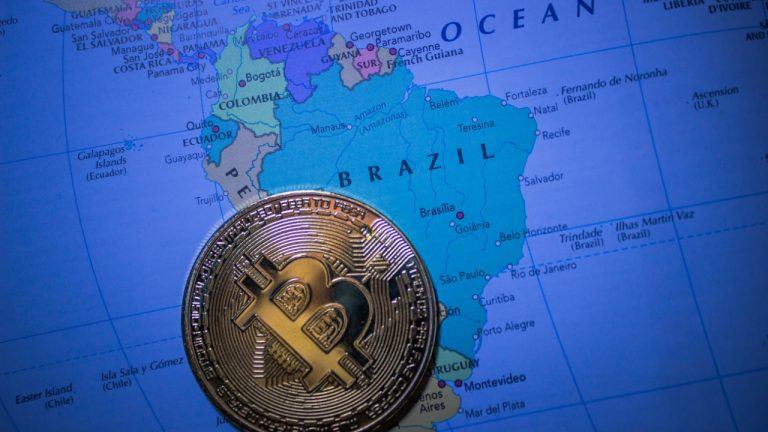I am a crypto peon. I am also just old enough to remember computers in the 1980s. And crypto right now reminds me a lot of the 1980s. I'd peg crypto development somewhere around 1986/87/88 computer development in the US. There are a lot of similarities.
There was already a first wave of computer millionaires 81/82/83 (CP/M, Visicalc, Eagle Computers) and the subsequent crash, plus some more minor crashes along the way.
Computers were generally divided into 2 categories: "serious" business machines and "gaming" computers, which were likened to toys. Hardware was expensive, fragile, obnoxious to install. Manufacturers could close up shop overnight, leaving you stranded with zero support. Compatibility? LOL. What compatibility. Standards? What standards. Most visual output was measured in characters and columns, not pixels. Multitasking? LOL. No, you used one program at a time (RAM resident programs were a few years away) and you liked it. It was completely possible to bump your computer and destroy something inside it. There were no computers where you could go out, buy it, turn it on, and basically start using it without RTFM. Did I mention often the manuals had errors that could leave you dead in the water? Yeah. There's that too.
Right around 85/86/87 you had GUI systems (Mac, the very early versions of Windows, GEM was coming around during this time) but these were expensive and your choices were limited, and you needed powerful hardware to run them. But yes, you could actually go out and buy a machine that you could use out of the box. I'm going to say that the equivalent right now are Coinbase and CDC, who make it so if you just want to buy some BTC, it's doable with a little work.
But there were still massive problems with compatibility, a distinct lack of standards, and if you wanted to do anything with the machine like print, have sound, color displays... you were suddenly in a terrifying world of expansion slots and add on cards and jargon. You had to be very careful to buy exactly the software you needed for your specific hardware and OS. The entire thing was very fragmented and chaotic. Mistakes were very expensive. Oh, and if you fucked up putting in the new hardware, you could torch the computer entirely. Good times.
And sure, you could get onto the "Internet" such as it existed with BBS's or such, but holy shit. You had to want it. And online was the absolute wild fucking west of nobody knew what the fuck they were doing and it was wild. I liken this to the various Defi exchanges and swaps we have now.
And law enforcement? Regulators? They had no idea what the fuck any of it was or how it was being used either. Sound familiar?
Basically, you had all this amazing tech with all this potential but the hardware was limited and it was incredibly difficult to use. There were barely any standards. It was easy to fuck up, and mistakes were expensive. Nobody knew how it would all end or what would become dominant, and a lot of forces that seemed poised to be dominant ended up falling to the wayside.
Like IBM and the PC... they made the PC standard, but they fucked around, the clone makers came in, and they were never dominant again. They tried to regroup with OS/2 but that didn't work.
Then there's Lotus 1-2-3, which was the entrenched killer spreadsheet app. But they took too long with 3, got snotty about "people will wait", and Microsoft presented Excel. There's actually a public debut of Excel that happened on a SV show called "Computer Chronicles" if you want to watch Lotus get murdered in real time:
https://youtu.be/eAiZBUYNUBA?t=304
(This is actually an amazing old series to watch if you are at all curious about computer history. The show had a ton of Silicone Valley legends--basically everyone short of Jobs and Gates--come on and talk shop before they got too famous for some public access show. There are also hilarious moments of rather big-name people making some very bad predictions, LOL)
Anyway. What's my point?
1) That we're still very early, and 30 years ago, the computer market was extremely uncertain as well. Nobody knew where any of this was going or what form it would ultimately take. The uncertainty that it'd all flame out and end up in a landfill was very real. Nobody was convinced computers would ever be anything more than high-end business machines or toys for kids or educational novelties.
2) Crashes and mass extinctions happen. It does not mean the end of the road. There were multiple smash-ups and bottom-outs throughout the 80s and 90s. I personally got to enjoy the dot-com burst of '00 while cleaning out my desk. Most everyone I knew lost their job within a few days of each other. People were saying it was the end of the Internet as a "serious" thing, and it'd go scuttle back into the basement.
3) Standards take time and carnage to develop
4) Ease of use and compatibility is critical. If it's persnickety to use or you are locked into a small ecosystem with no compatibility, your project is boned.
5) Great tech is great, but until you can prove a practical use, it won't turn into money.
6) Even the titans can and do collapse if they get complacent.
[link] [comments]

You can get bonuses upto $100 FREE BONUS when you:
💰 Install these recommended apps:
💲 SocialGood - 100% Crypto Back on Everyday Shopping
💲 xPortal - The DeFi For The Next Billion
💲 CryptoTab Browser - Lightweight, fast, and ready to mine!
💰 Register on these recommended exchanges:
🟡 Binance🟡 Bitfinex🟡 Bitmart🟡 Bittrex🟡 Bitget
🟡 CoinEx🟡 Crypto.com🟡 Gate.io🟡 Huobi🟡 Kucoin.




















Comments